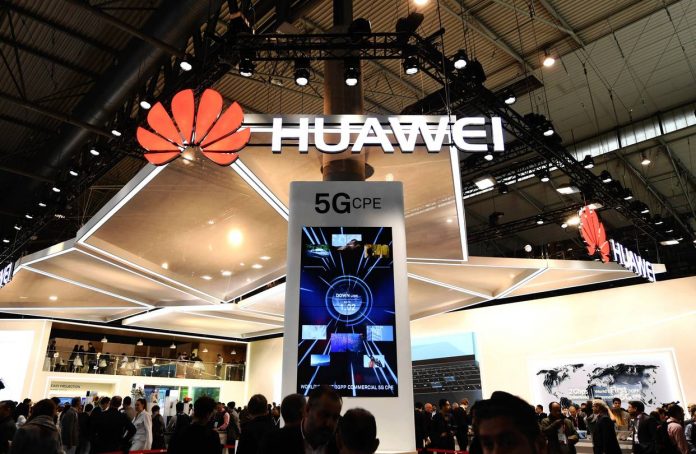The United States has been trying to convince UK and other countries not to allow Huawei equipment into new 5G networks because they say the Chinese government is engaged in spying. This comes from China’s 2017 National Intelligence law that could force companies to support the government’s intelligence efforts by opening up sensitive equipment.
Huawei strongly denies the accusations, stating they are owned by their employees not the Chinese government, while experts advise it would not be a good move: “Banning Huawei will create a vacuum that no one can fill in a timely fashion and may seriously impair 5G deployments worldwide,” according to Stéphane Téral, a mobile telecom infrastructure expert at research firm IHS Markit.
The National Cyber Security Centre, part of the UK intelligence service, says that the risk of using Huawei technology in 5G can be contained. According to NCSC, “they have a unique oversight and understanding of Huawei engineering and cyber security,” however, the final decision belongs to the government. Several technical issues have also been identified in Huawei’s engineering processes in the UK, the company promised to address those concerns and it could take as long as five years. On Monday, the Department of Culture, Media and Sport stated:
“The review is looking at a range of options and will conclude in the spring. No decisions have been taken and any suggestion to the contrary is inaccurate.”
Meanwhile, governments in the US, New Zealand, and Australia have already blocked mobile carriers from using Huawei’s future roll out of 5G networks. It is known that the UK along with the US, Australia, New Zealand, and Canada are part of a close intelligence-sharing alliance called Five Eyes. So, if the UK decides to use Huawei on 5G network would seriously strain relations with the US. Also, depending on UK’s decision, other governments might be influenced, such as Germany.
The position of the other vendors
Nokia and Ericsson, Huawei’s biggest competitors have not made any statements not wanting to anger the Chinese government. Nokia stated “the industry’s only end-to-end 5G portfolio that is available globally”. While Ericsson said it has publicly announced more 5G contracts with operators than any other vendor.
Also, two major UK telecom networks stated they will not be using Huawei’s equipment in their 5G roll out plans, like EE that belongs to the parent company BT, and Vodafone, while O2 and Three plan to use the equipment.
But top international mobile operators are saying that shutting down Huawei is not a good thing since it was expected to play a key role in building 5G networks that would help power emerging technologies like smart cities and connected vehicles.










